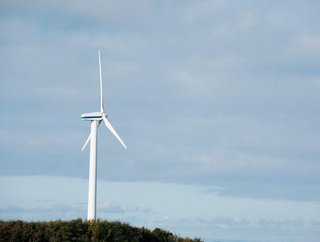Northern Ireland publishes Energy Strategy calling for decarbonisation by 2050

The Northern Ireland Renewables Industry Group (NIRIG) published its Energy Strategy on 24 April, highlighting plans to decarbonise the energy industry by 2050.
The strategy also outlines the goal of reaching 70% renewable electricity by 2030, accompanied by commissioning research into how to achieve the target.
With Northern Ireland’s growing onshore wind industry, the reports suggests that with the addition of each new turbine, a £2.7mn (US$3.7mn) investment is made to the local economy.
The report also calls for an impact assessment for what Brexit means to energy policy, as well focusing on building skills and innovation for the future.
“There’s an urgent need to plan for the post-2020 world in which clean energy will be an engine for economic growth,” stated Rachel Anderson, Chair of NIRIG.
SEE ALSO:
-
General Electric to test the world’s largest offshore turbine off the English coast
-
Sainsbury’s launches first delivery service with electric cargo bikes
-
Walmart has reduced 20mn tonnes of emissions through Project Gigaton initiative
“A more diverse, flexible, energy mix will increase energy security, as well as generating cheap power for consumers.”
“This brings enormous economic opportunities to Northern Ireland by attracting regional investment, promoting innovation and developing skills.”
“We now need a fundamental shift in how we generate, manage and consume energy. The transformation of the energy sector is happening today, and our industry is at the forefront of this transformation.”
“The renewables sector wants to contribute, but we can’t do it alone – leadership and collaboration will be crucial for success.”
“That’s why we’ve laid out a series of ambitious and far-reaching measures in this Energy Strategy.”






